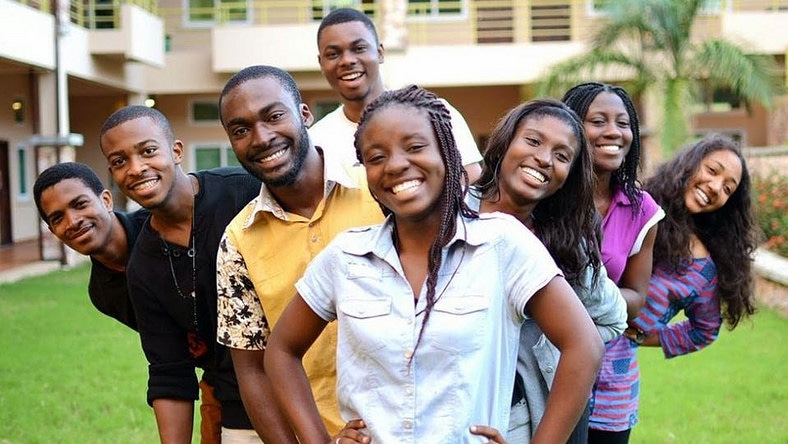By David Olalekan.
The Nigerian government has reduced the qualifying age for youths in the country from 18 to 15 while the exit age is now 29 as against the initial 35.
According to a document sited by INSIDER, the decision to reclassify the youth age brackets in Nigeria was taken as a result of changes in demographic statistics which shows that the majority of those transiting from childhood to adulthood, and who still require support to achieve their potentials, are mostly under the age of 29.
The document says the recent trends which show that young people now commence their educational and other developmental commitments much early lend credence to the need for a downward review of youth age brackets in Nigeria.
“As the Nigerian demographic statistics show, less than 5 percent of Nigerians are still in school beyond age 29 years, and about three quarters of males, and over 90 percent of females have been married – a major social landmark for adulthood in Nigeria – by the age of 29”.

Defending the implication of the new youth policy on the recently signed ‘Not Too Young To Run Bill’, a law aimed at opening up the political space for improved youth participation in the country’s political process, the document clarifies that the “law also specifies 30 years as the age of eligibility for running for the presidency of the country; and the age of eligibility for the office presidency of Nigeria should signal an adult period of life in the country”.
Nigeria first made a deliberate attempt at introducing a national youth policy in 1981, an effort that culminated in the drafting of a social development policy for Nigeria in 1989 and served as basis for the review of the first ever policy on youth.
By the 1990s however, the enthusiasm regarding youth development issues began to weaken and due to lack of sustained policies, youth issues were relegated and limited to only matters concerning sports activities and competitions.
By the time former president Olusegun Obasanjo came to power in 1999, the country has earned the reputation as one of the countries in the world where youth issues are scarcely paid any attention. The government of Chief Obasanjo therefore decided to address the glaring neglect of youth issues and so initiated the development of the first national youth policy in 2001. He followed it up with the creation of a full fledged ministry with the mandate to focus on youth development issues.
In 2009, the minister of youth development at the time, Senator Akinlabi Olasunkanmi spearheaded the revision of the first national youth policy developed earlier in 2001.
Since the 2009 review, Nigeria’s youth policy has remained without any major review. The new youth age reclassification is therefore coming after almost a decade of a static youth policy in Nigeria.


